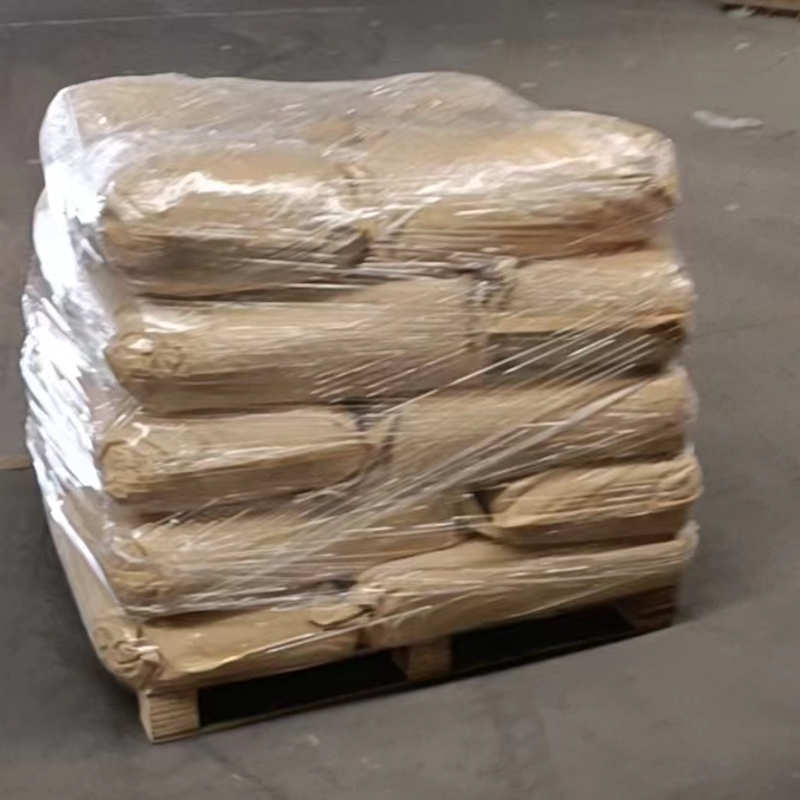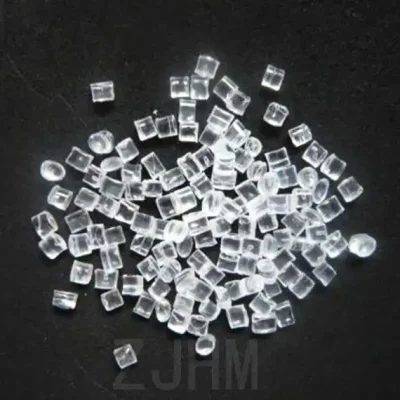-
Categories
-
Pharmaceutical Intermediates
-
Active Pharmaceutical Ingredients
-
Food Additives
- Industrial Coatings
- Agrochemicals
- Dyes and Pigments
- Surfactant
- Flavors and Fragrances
- Chemical Reagents
- Catalyst and Auxiliary
- Natural Products
- Inorganic Chemistry
-
Organic Chemistry
-
Biochemical Engineering
- Analytical Chemistry
-
Cosmetic Ingredient
- Water Treatment Chemical
-
Pharmaceutical Intermediates
Promotion
ECHEMI Mall
Wholesale
Weekly Price
Exhibition
News
-
Trade Service
A team of researchers from the University of Birmingham in the United Kingdom and Duke University in the United States successfully designed a new type of thermoplastic biomaterial so that its degradation rate in the human body and its mechanical properties can be independently controlled.
It is difficult to design engineering materials that can successfully replicate the necessary elasticity and strength of biological tissues, but can be biodegradable within an appropriate time frame
The researchers showed how the polyester biomaterial gradually degrades over a period of four months, and healthy tissue grows in and eventually replaces the implant
The co-author of the study, Professor Andrew Dove, explained: Biological tissues are complex and have different elasticities
Professor Matthew Becker of Duke University pointed out that the biomaterials and regenerative medicine community has been strictly limited to a few materials that lack the diversity of properties reported in this study







